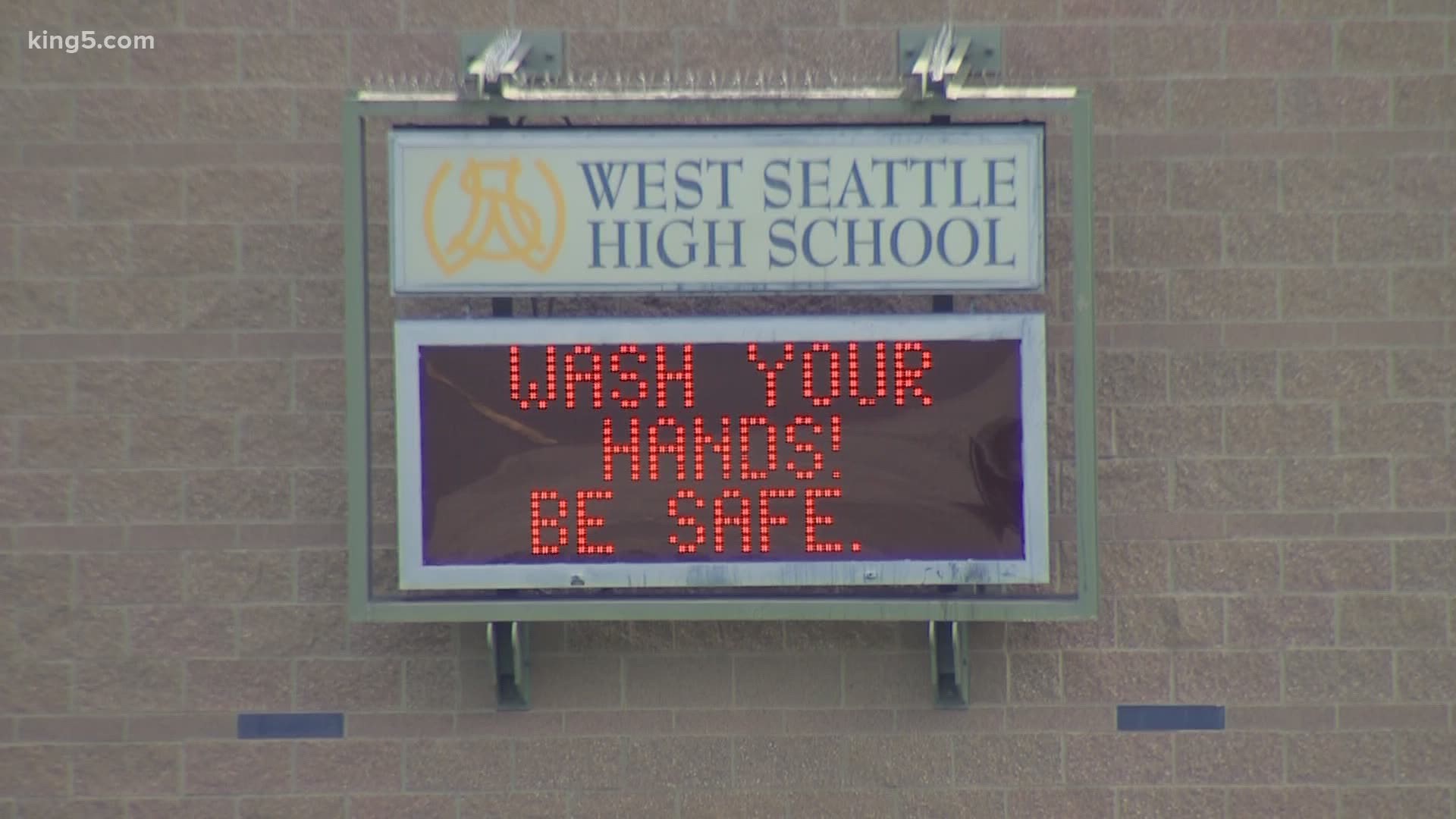SEATTLE — Being out of school, away from friends, and trying to adapt to distance learning has been a real struggle for Erin Vey's daughter, Cassie, who is a first-grader in the North Thurston School District.
Most days, she resists learning in this new format and it's been a challenge for Vey and her husband to keep her engaged. Now, after nearly two months of remote learning, they are starting to see the negative impact.
"She's wet the bed now, she's had nightmares. Her behavior has been much more high and low because she's out of her routine," said Vey.
Dr. Dimitri Christakis is a pediatrician, epidemiologist, and director of the Center for Child Health, Behavior and Development at Seattle Children's Research Institute. He is worried about children's mental health, which could become a new crisis that could emerge out of the novel coronavirus pandemic.
Dr. Christakis knows the risks of spreading COVID-19 by sending kids back to school in the fall, but he's also concerned about the bigger cost of keeping schools closed, especially for younger children.
"They're not getting an education. They're not getting the socialization,” said Dr. Christakis. “They're not getting an opportunity to play and interact with their peers, which is essential to children's cognitive, social, and emotional development.”
Dr. Christakis is now on a panel for the National Academy of Sciences that includes experts in infectious diseases, epidemiology, economics, education, and pediatrics to come up with recommendations about reopening schools.
"If you just ask me as an epidemiologist, is it risky for children to go back to school in terms of increasing the prevalence of the virus? I would say yes. I can't tell you there's no risk associated with it, but that's only one piece of the puzzle," said Dr. Christakis. “We need the other pieces to fully understand the picture."
He hopes states and school districts will think about more than just physical health when weighing the risks and benefits of re-opening schools closed during the pandemic.
"My personal feeling is that the benefits of them returning to school outweigh the risks. We know there's a big cost they repay with them not returning," said Dr. Christakis.
For now, the Vey family is doing what they can to get through the school year and trying not to think about what could happen in the Fall.
"Jim and I are in a really great district with all the privilege and access and opportunity in the world and we're struggling, so it's hard," said Vey.

